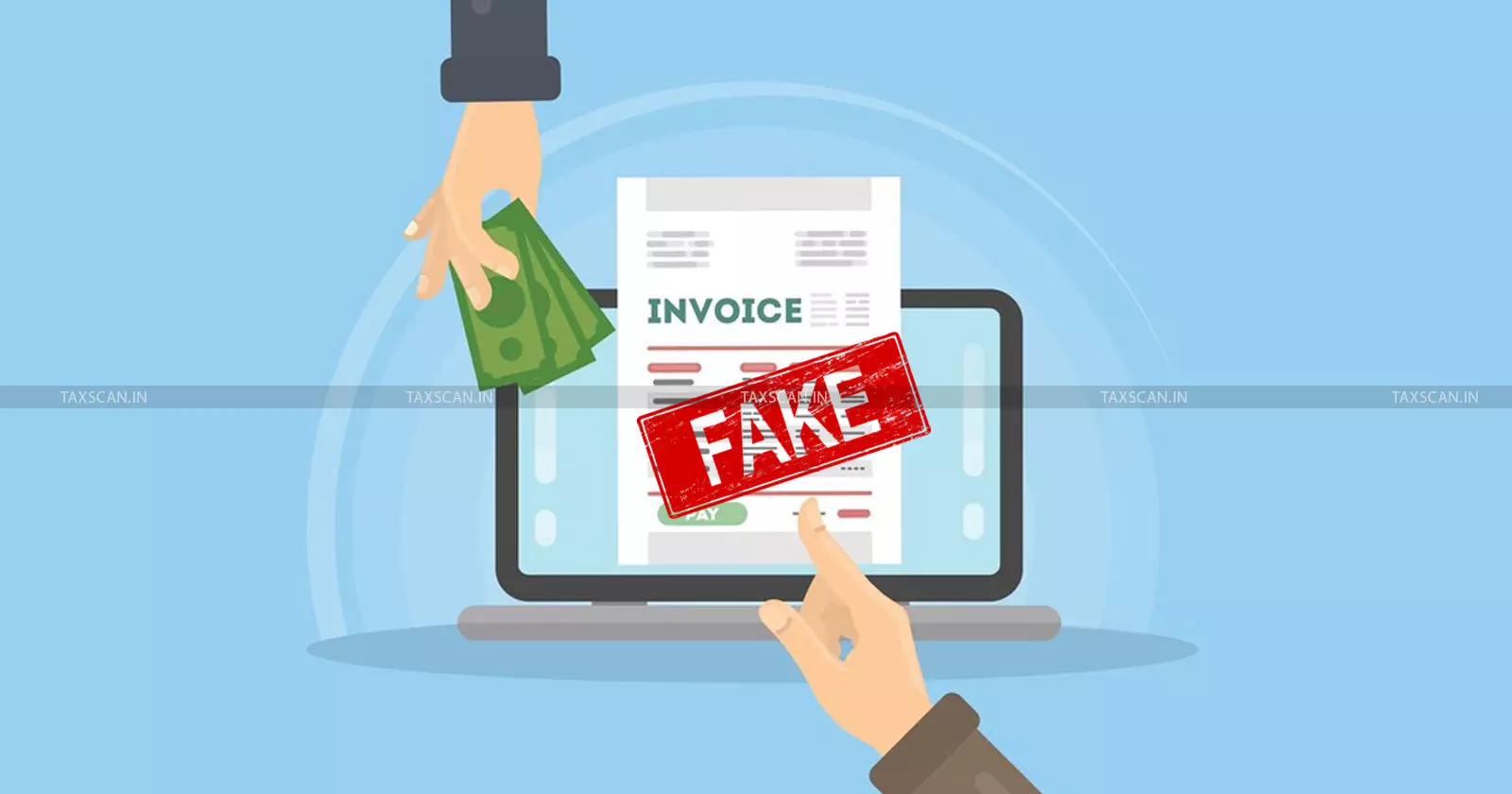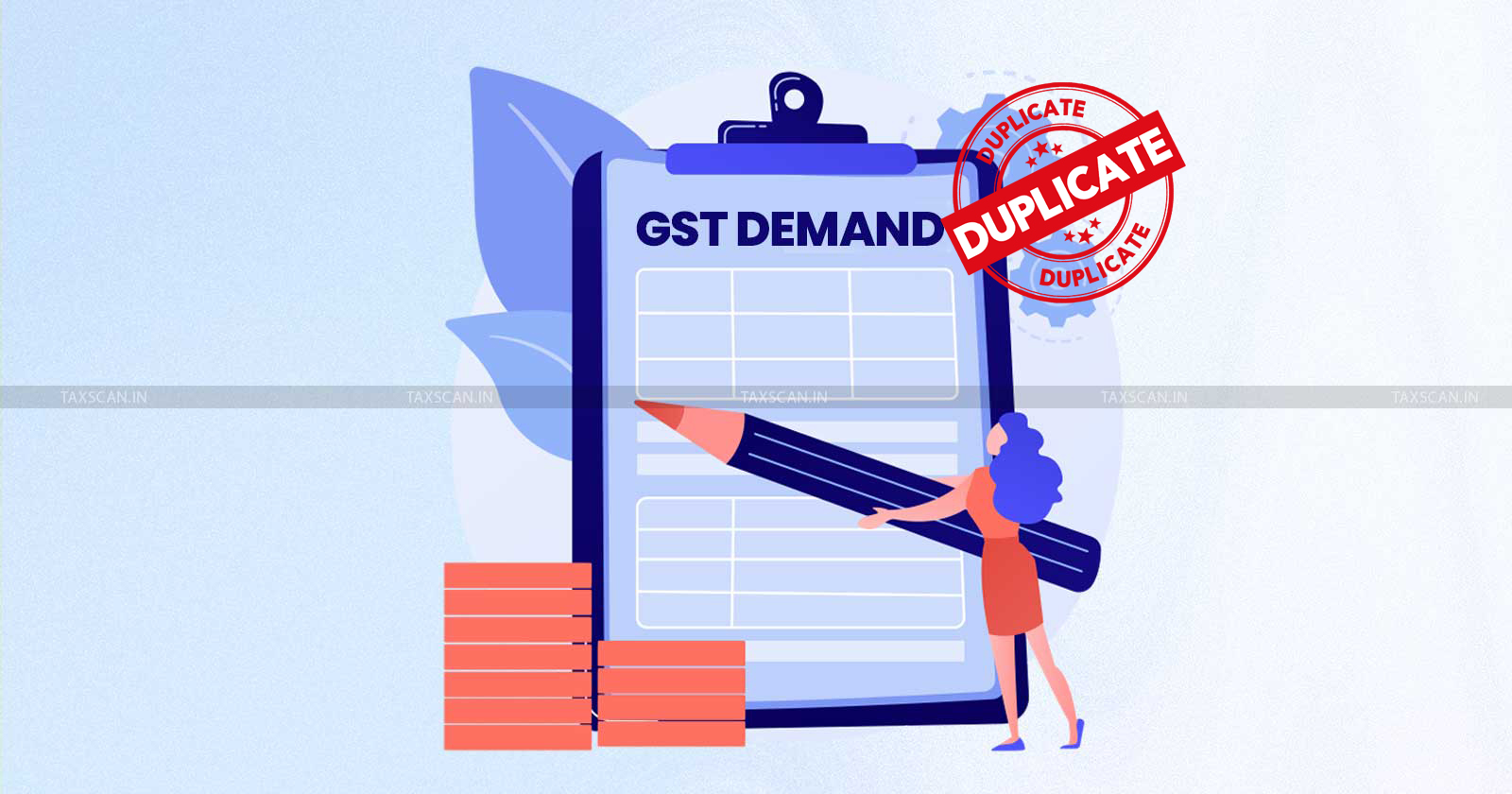GST Penalty u/s 122 imposed for Fake Invoice Issuance: Madras HC directs to file Reply on 25% deposit, Quashes Penalty Order
The petitioner was permitted to file a reply to the earlier DRC-01 notice, treating the penalty order as an addendum.

The Madurai Bench of the Madras High Court quashed a penalty imposed under Section 122 of the GST ( Goods and Services Tax ), with regards to the allegations of issuing fake invoices to fraudulently pass on Input Tax Credit ( ITC ) on 25% pre-deposit condition.
The writ petition, filed by P.G. Metal through its proprietor, assailed an assessment order dated 26.02.2025 and a subsequent penalty order dated 06.03.2025 that levied a penalty of ₹2,00,736/- each under the GST Acts.
According to the Revenue, during inspection by the Intelligence Wing, it was found that the petitioner was engaged in issuing bogus invoices without any actual movement of goods and had claimed ITC on such invoices.
The adjudicating authority recorded that the taxpayer had admitted to the offences in a sworn statement and during personal hearing, confirming the issuance of fake invoices and wrongful ITC availment. Based on these findings, penalty proceedings were initiated under Section 122(1)(vii) of the GST Act.
However, the High Court noted that there was no written record of the alleged admission by the petitioner. It further observed that while a show cause notice in DRC-01 had been issued on 24.12.2024, the petitioner had not filed a reply. Instead, he appeared before the authority on 24.02.2025 to explain his position.
 Also Read:Duplicate GST Demand u/s 63 and 73 Issued for Same Period: Orissa HC declares writ Infructuous as Order Rectified to ‘Nil’ by Dept [Read Order]
Also Read:Duplicate GST Demand u/s 63 and 73 Issued for Same Period: Orissa HC declares writ Infructuous as Order Rectified to ‘Nil’ by Dept [Read Order]
The Court pointed out that in such circumstances, principles of natural justice warranted an opportunity to file a reply before the penalty was confirmed.
Justice C. Saravanan, while disposing of the petition at the admission stage with the consent of both parties, quashed the impugned penalty order and directed the petitioner to deposit 25% of the disputed tax in cash from his electronic cash ledger within thirty days.
In addition, the petitioner was permitted to file a reply to the earlier DRC-01 notice, treating the penalty order as an addendum. It was further directed the authority to pass a fresh order on merits within three months, after granting the petitioner an effective hearing.
Accordingly, the High Court set aside both the assessment and penalty orders, remanding the matter back to the tax authority for reconsideration.
Support our journalism by subscribing to Taxscan premium. Follow us on Telegram for quick updates


